I’m a psychologist: here’s what I learnt about returning to cycling after a serious injury
Although regaining confidence can be difficult, there is much you can do to help yourself - here’s what I discovered from my own experience and others

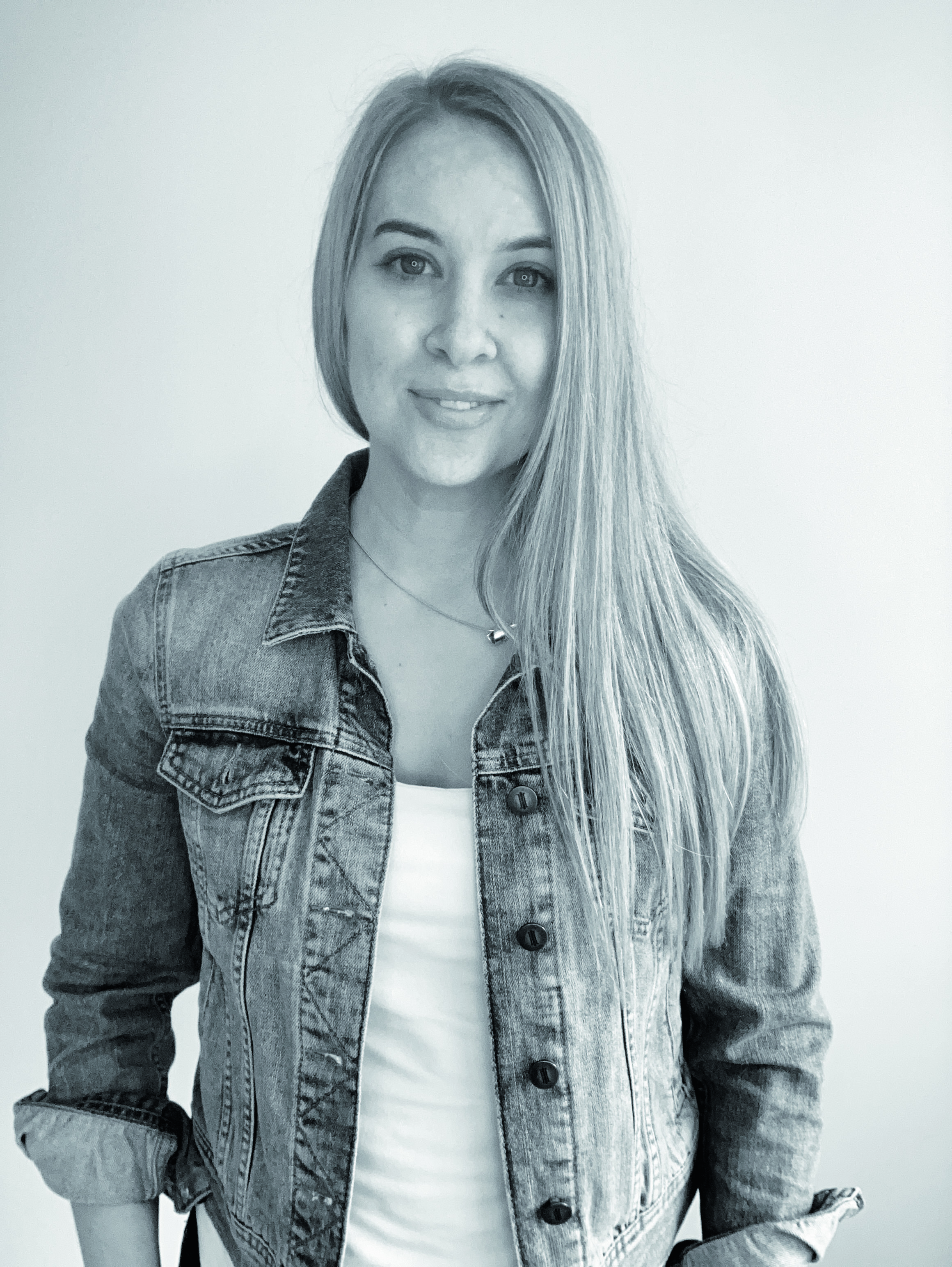
At the end of April this year, my nine-year-old and I were living our best lives, enjoying the sights and sounds of a Sunday cycle around a country park. Then, without warning, my front wheel slid on a damp strip at the edge of the path - as unspectacular as it was unexpected.
Time seemed to slow down as it dawned on me I was about to hit the deck. My left arm bore the brunt, and later at the hospital an x-ray showed I’d fractured the radial head. After eight weeks off the bike, getting back on proved much more difficult than I expected - and now, as a clinical psychologist, I want to understand why.
The mood changes set in early on. For the first two weeks after the accident, I was sad, irritable, scared of everyone and everything, wanting either to comfort-eat chocolate or to cry. In the third week, I switched to work mode and started to think like a trauma therapist - to treat myself as analytically and compassionately as I would treat a client. It was at this point I resolved that, over the remainder of my recovery, I would develop a guide to returning to cycling from injury. Here is what I learnt…
1. Shock factor
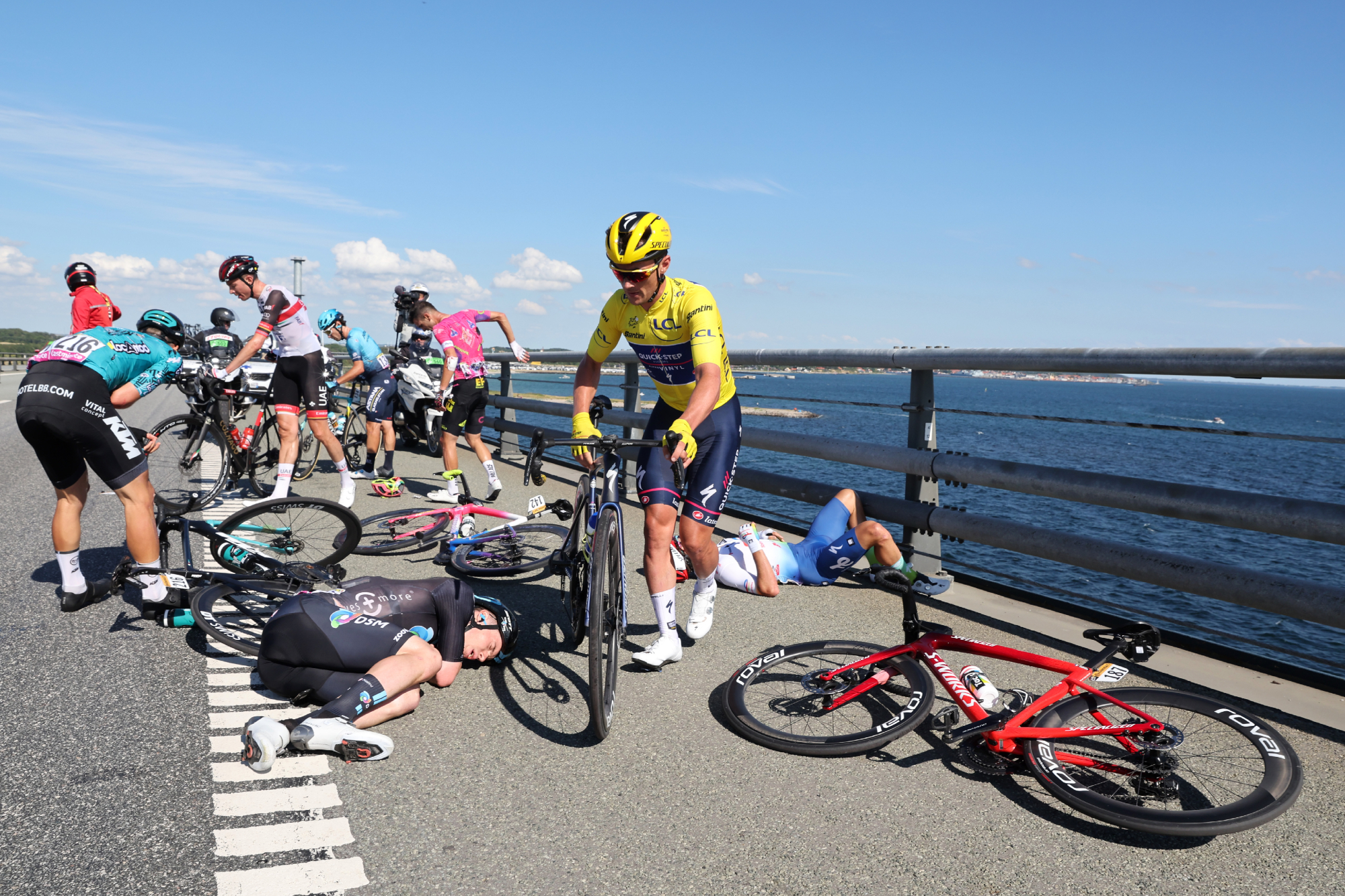
The WorldTour is well versed in the nuances of crashing
“While we cyclists know that crashes happen, when they happen to us, they are always a surprise,” said Dr Victor Thompson, clinical sports psychologist. Partly it is this ‘out of the blue on an ordinary day’ phenomenon that makes certain crashes so tricky to recover from. “Most days we don’t crash, so our expectation is that, on any given day, we will almost certainly be OK,” added Thompson.
Following the initial shock in the aftermath of an accident, most of us exhibit certain physical and psychological symptoms and behaviours. The first of these is the tendency to diminish the experience - claiming it’s relatively inconsequential and that others are worse off. Even people who have experienced life-changing spinal injuries often downplay their circumstances.
2. Processing period

Following a crash, riders commonly report having intrusive thoughts about their accident. One reason is that the processes that time- and date-stamp our experiences are suspended at the point of impact - either because of loss of consciousness or more typically because our energies are directed towards the ‘fight or flight’ response.
It can feel like the accident isn’t really over yet, or that there isn’t enough context or clarity to process it. Vinny Smith, 70, a previous GB racer and Peace Race competitor, broke his collarbone and a rib when he fell off his bike on a Portuguese cycling holiday in March 2023. “Since the accident, I’ve had some intrusive thoughts about how I came to fall off, as I have no recollection of actually hitting the ground,” he told me. “That has played on my mind.”
Get The Leadout Newsletter
The latest race content, interviews, features, reviews and expert buying guides, direct to your inbox!
A crash is liable to trigger ruminative thought patterns, which is why it can be hard to stop replaying an accident in your mind. When this happens, slow breathing can help calm you down by mindfully connecting with the knowledge you are safe and the danger has passed. The experience needs to be assimilated rather than obsessed over.
Once the physical pain of the crash has subsided, a greater agony can be the sense - or fear - of what might be lost. “I was in a lot of pain initially, but then I quickly became worried about not being fit enough to go on a cycling holiday to the Dolomites I had planned in two months’ time,” said Smith. Such worries are compounded by disrupted sleep. “I didn’t sleep well for weeks - having to sit up in bed to get any sleep at all,” he added. Poor sleep adds to irritability, causes memory lapses, messes with appetite, and even lengthens healing time.
Prior to my accident, I was as strong and healthy as I’ve ever been. The abrupt halt to life as I knew it was very hard to adjust to. Having to ask for lifts or book Uber rides, I felt stripped of my independence. Smith struggled in a similar way. “I felt I was losing fitness, which, as you get older, is harder to regain - but I also need to ride my bike for my mental wellbeing, otherwise I get withdrawal symptoms.” Losing some fitness while off the bike is unavoidable, but it is important to be patient, allowing the body and mind adequate time to heal.
Though easier said than done, it is important not to panic about perceived or even actual observed changes, reminding yourself that full recovery is the priority right now and that fitness will return once you resume training. Another challenge of recovery is the uncertainty involved - it is impossible to know for sure when you will be back to full health. “I’m still not sure if I need an operation,” said Smith, “as it has been delayed three times due to road rash at the injury site. In the meantime, I have started riding on the road again - initially on my own, then with a friend, as I had lost some confidence.”
3. Fending off a phobia
There is a saying in forensic science that ‘every contact leaves a trace’, which is also true of bike crashes. The aim of psychological therapy is to liberate riders from enough of those traces to get them back in the saddle. This means restoring a sense of safety, or at least normality. “You’ll likely be more wary of cycling,” said Dr Thompson, “and may even develop a form of phobia around cycling - especially in situations similar to those in which you crashed. For example, if the accident occurred in the rain, you’ll be more wary and anxious on wet days.”
Try to turn this wariness into positive compensatory behaviours - as Stephen Potter did in relation to potholes. The 58-year-old broke his collarbone and struck his head after hitting a pothole obscured by dappled sunlight in the Dartmoor Sportive in 2018. “I am now a more assertive rider,” he said. “I will occupy the primary position [centre of the lane] on the road, as invariably this is the better road surface. My strategy now is to choose my own course and not be intimidated by traffic and drivers whom I imagine thinking I should be riding right next to the curb.”
It has now been 18 weeks since my accident and my arm straightens enough to hold the handlebars. It has felt like slow, painful progress, and for several weeks it was hard to shift my sense of disappointment and a fear that I wasn’t measuring up. Consulting a physiotherapist four weeks post-incident was liberating, as it helped me understand how to interpret my pain so as to safely begin rehab. Learning that the bone was largely healed in just four weeks gave me greater confidence, reassuring me that the prescribed exercises would strengthen and lengthen tendons around the injury. I’m feeling like myself again - but also permanently changed by what I have been through.
What is trauma?
‘Trauma’ might sound like a scary term, but it can be more easily understood as an event from the past that, rather than lying low or fading away, creeps into the present. This can take the form of intrusive thoughts, confusion, low mood, increased anxiety, tearfulness and a susceptibility to being startled.
Riders sometimes feel shame or embarrassment about their accident, worrying that it wasn’t ‘big enough’ to validate their emotional response. Be assured, it’s not the severity of an accident or injury that best predicts the trauma response. A rider’s response is determined by a complex interplay of thoughts, memories, past experience and sense of peril.
If you are concerned you are struggling with trauma, reach out to your GP, local Improving Access to Psychological Services (IAPT) team or a clinical or counselling psychologist.
It is not uncommon after a trauma to feel differently about oneself and even about existence. This phenomenon is often referred to as “post-traumatic growth” and can occur in a variety of ways. Speaking about his shift in perspective following his serious accident in 2022, Egan Bernal (Ineos-Grenadiers) was reported to have said: “Before I was focused only on cycling. But when this type of accident happens, when you feel so fragile and vulnerable on a stretcher in hospital, when you depend on a machine to be able to live and breathe, you begin to value things that perhaps you didn’t before.”
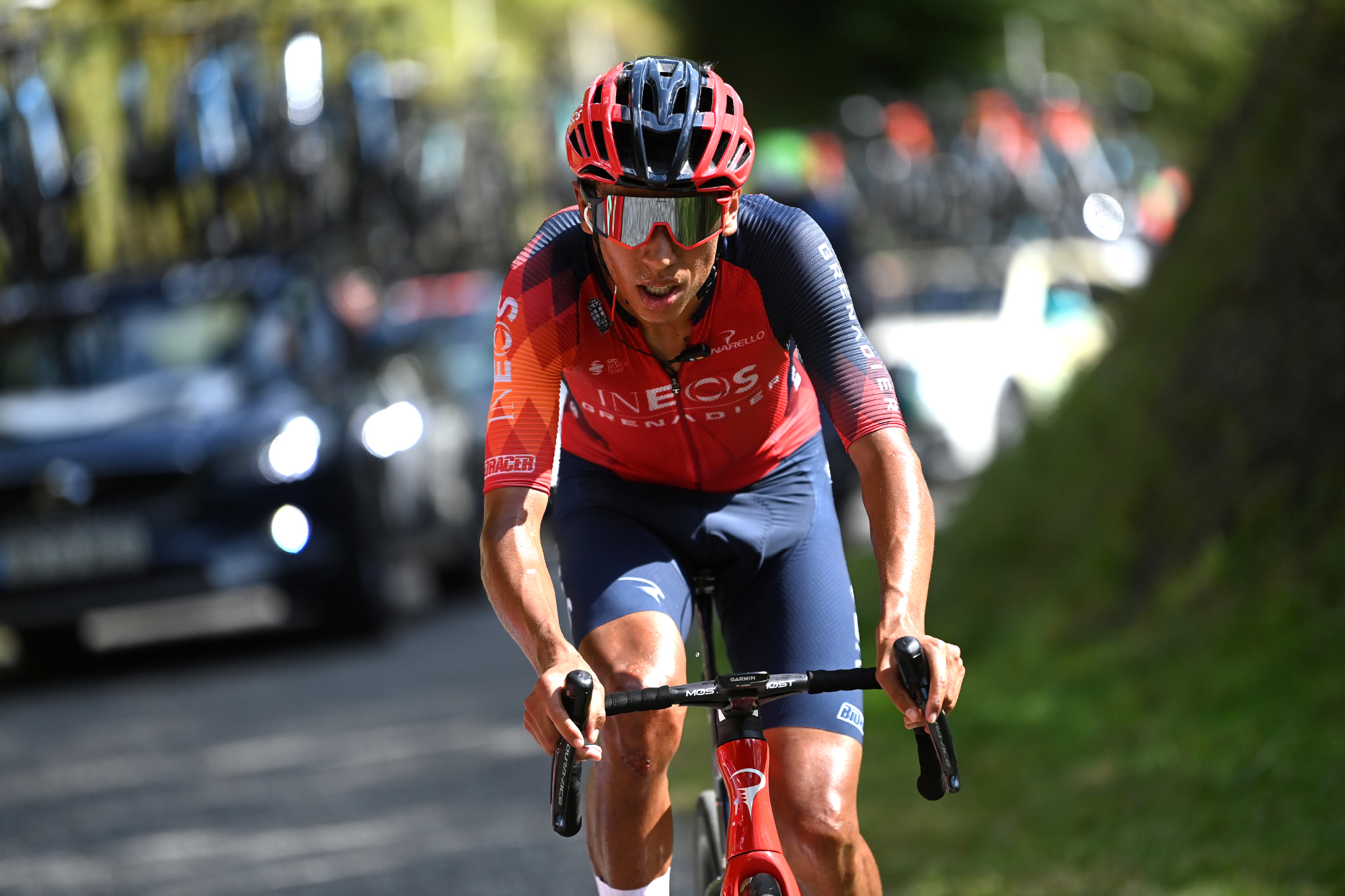
If an accident leaves you with longer term unease, when is the right time to seek help? “Professional help and support should be considered if the rider experiences unresolving trauma symptoms such as flashbacks of the accident, nightmares or night terrors or troubling emotions,” said Dr Thompson, “or if the rider finds it too difficult to make progress back to riding as freely as they were pre-accident.”
4. Lessons learned
For me, in the wake of the mishap that abruptly altered my active life, I found myself grappling with more than just a fractured bone. As a psychologist, I was prompted to try to unravel the psychological complexities of recovering from a crash. I’m back on my bike, but it has taken a long time to regain confidence. So what have I learnt?
The aftermath of a crash unveils a spectrum of emotional and behavioural responses, often challenging our perception of our own durability. It’s the unanticipated nature of these accidents that makes recovery a complex endeavour. Even among seasoned cyclists, the inherent expectation of safety is strong - we don’t head out expecting to crash. Yet, when the unexpected happens, the emotional fallout is considerable. By downplaying or suppressing the emotional response, we often inadvertently hinder the road to full recovery. The psychological legacy of a crash can linger, reframing our perspective on ourselves and the world around us.
Post-traumatic growth, an unexpected phenomenon, emerges as individuals embrace the fragility of existence. The journey back to the saddle not only involves rebuilding physical strength but also accepting our vulnerability - perhaps even deepening our appreciation of cycling.
In the end, my own journey through recovery has taught me that the process is multifaceted, encompassing physical, emotional, and psychological dimensions. Overcoming a crash is of course different for each rider, but there is much we can learn from the commonalities. The mental strength required to overcome the fear, the perseverance to regain confidence, and the rekindling of the love for cycling - all paint a vivid picture of the mind’s resilience.
Six ways to come to terms with a crash
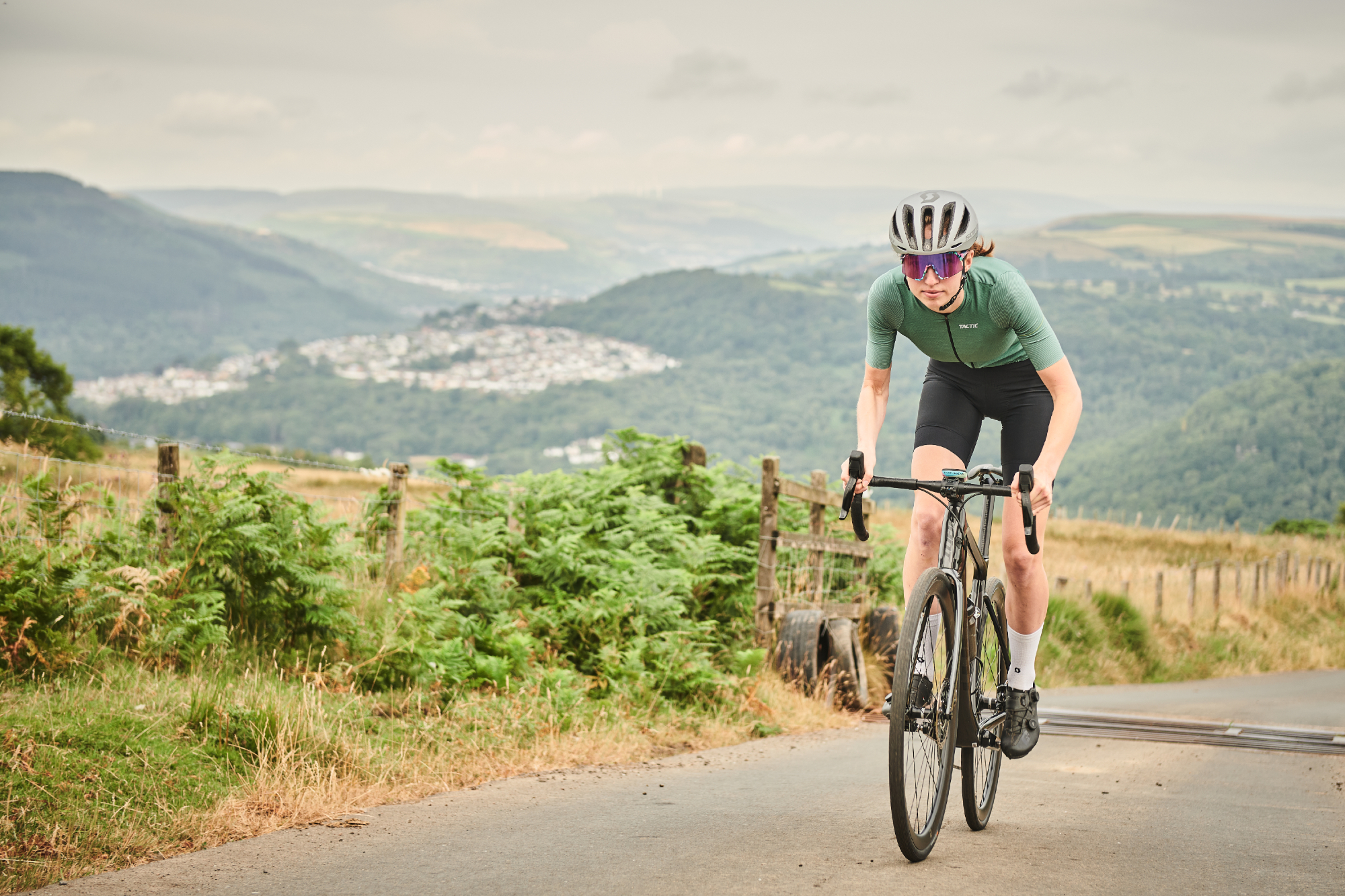
Write it down: Though it’s tempting to try to avoid thoughts of the incident, this may prolong difficulties. Instead, write or draw in detail everything you can remember from the ‘before, during and after’ phases. Look at these notes or drawings a few times a week while doing some slow, rhythmic breathing.
Prioritise sleep: Resist the urge to delay bedtime, as trauma needs sleep to heal.
Let it out: Spend time with family, friends and people you trust - and stay honest about your feelings.
Eat well: Even if you don’t feel like it, try to keep to your regular meal-time routine. Meal kit boxes or asking friends and family to help out with cooking or dropping meals around can be really helpful.
Keep moving: If injuries allow, maintaining some light exercise and spending time in nature will benefit you mentally and physically.
Face your fears: “List those parts of cycling that have become anxiety-provoking,” suggests Dr Victor Thompson. “Now create steps to progress back to doing those things as you did them before. Start small and build up gradually.”
Team boss’s view: ‘For a cyclist, every crash is a personal catastrophe’
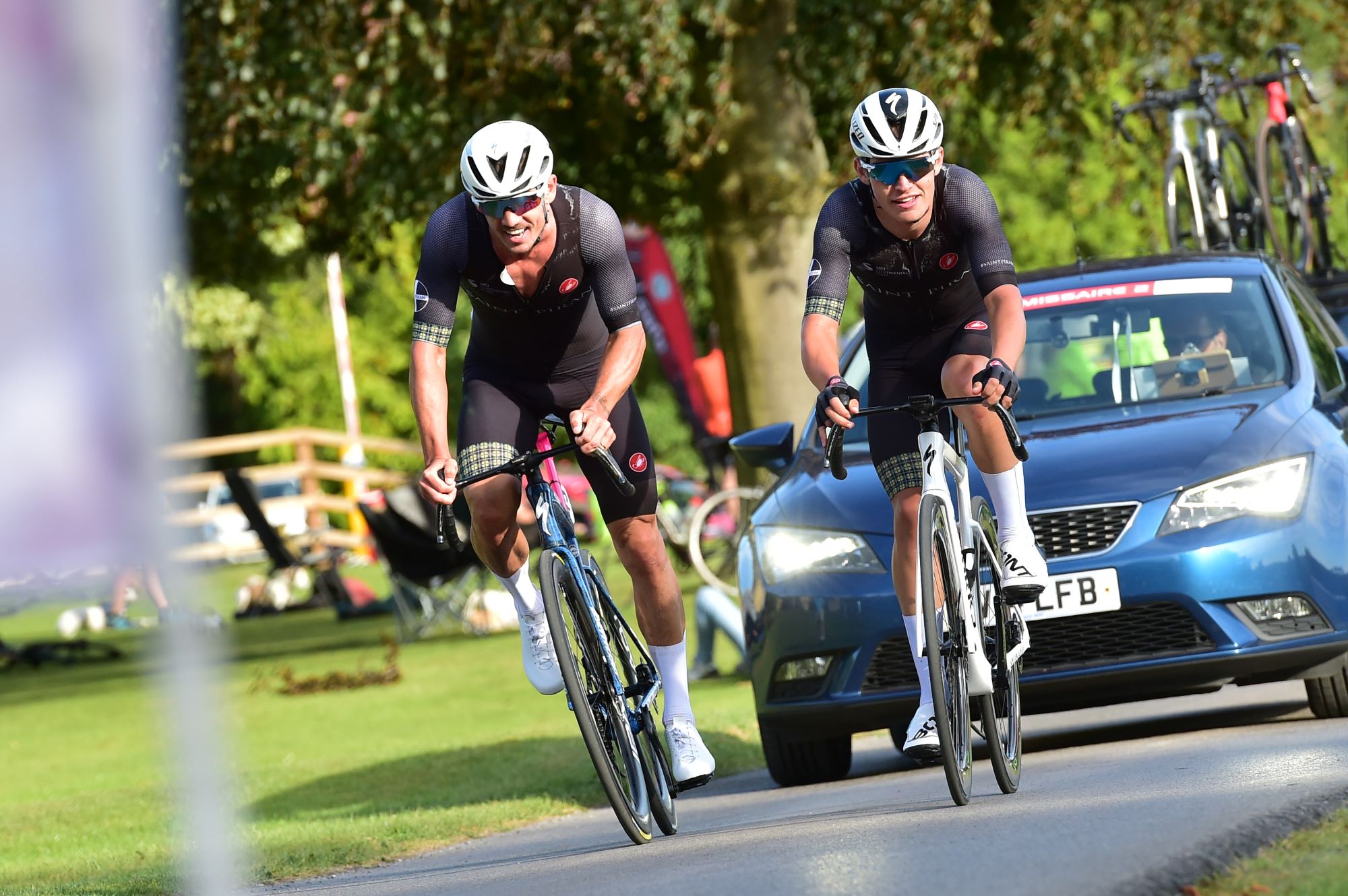
We asked Richard Pascoe, 58, owner of UK Continental team Saint Piran, about the impact of racing accidents:
CW: How do you support riders in the immediate aftermath of an accident?
RP: The crucial thing about an accident or a breakage for an athlete is that it’s a catastrophe. In our world, it’s an absolute catastrophe. Typically, prior to the accident, the rider was in peak condition physically and medically - suddenly that is jeopardised. We know that, if exercise stops, there’s an immediate physical and psychological reaction.
CW: So, how do you respond to that within the team?
RP: This might surprise you, but the first thing we do is get the athlete mobile, even if it’s on a home trainer. We know what being inactive does to the way they feel about themselves, but more than that, we start to talk about how they feel personally about it, which is important because they and the way they see the world are unique.
CW: How do you help them to feel OK about what’s happened?
RP: We turn it on its head. We say to them: “Your body was due a rest anyway, so let’s just think of this as a less active 12-week micro-cycle and then plan for the next.”
CW: In other words, you empower them by giving them permission to do less and not be on the bike?
RP: Yes, exactly, because it’s one less battle they’re having to fight. The body and the mind can heal at the same time provided there is no guilt or shame, because that can be so toxic. Our sport is all about putting riders under pressure and taking them to the edge the whole time, so we need to think about the way the body repairs muscles and neural pathways - sometimes rest is what is needed to get stronger.
CW: This topic matters to you personally as well as professionally?
RP: Yes, since the birth of my son [now three] it’s all about sustainability. We’ve always been very rider-centric, thinking about people holistically but also about our impact on the planet and the cyclists of the future. I’d like to think I am leaving a legacy I can be proud of. In my opinion, these questions are not being asked enough in cycling currently; they need to be.
The first version of this article was published in the print edition of Cycling Weekly. Subscribe online and get the magazine delivered direct to your door every week.

Thank you for reading 20 articles this month* Join now for unlimited access
Enjoy your first month for just £1 / $1 / €1
*Read 5 free articles per month without a subscription

Join now for unlimited access
Try first month for just £1 / $1 / €1
Dr Marianne Trent is a clinical psychologist and host of The Aspiring Psychologist podcast: goodthinkingpsychology.co.uk
-
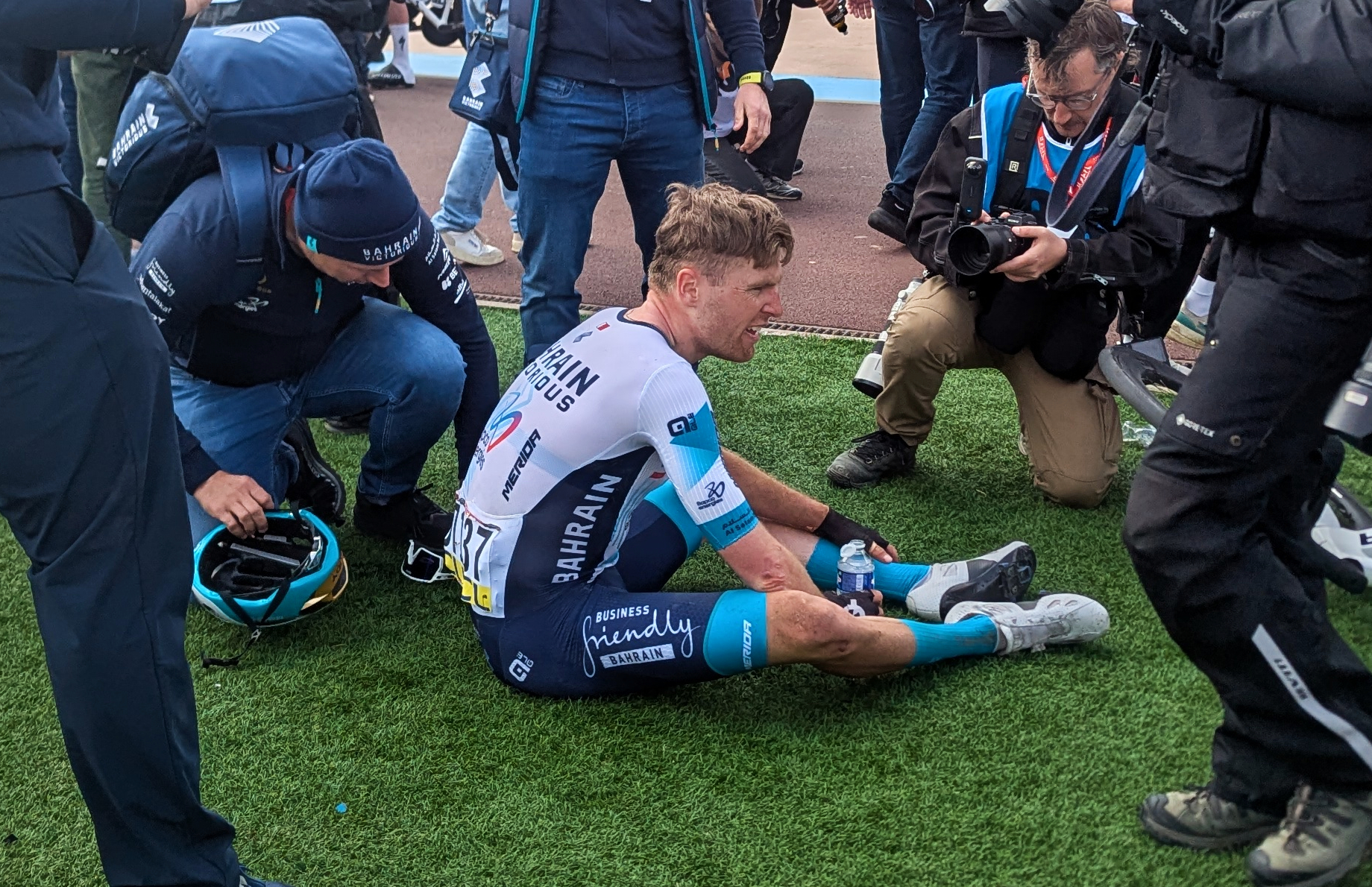 'I'll take a top 10, that's alright in the end' - Fred Wright finishes best of British at Paris-Roubaix
'I'll take a top 10, that's alright in the end' - Fred Wright finishes best of British at Paris-RoubaixBahrain-Victorious rider came back from a mechanical on the Arenberg to place ninth
By Adam Becket Published
-
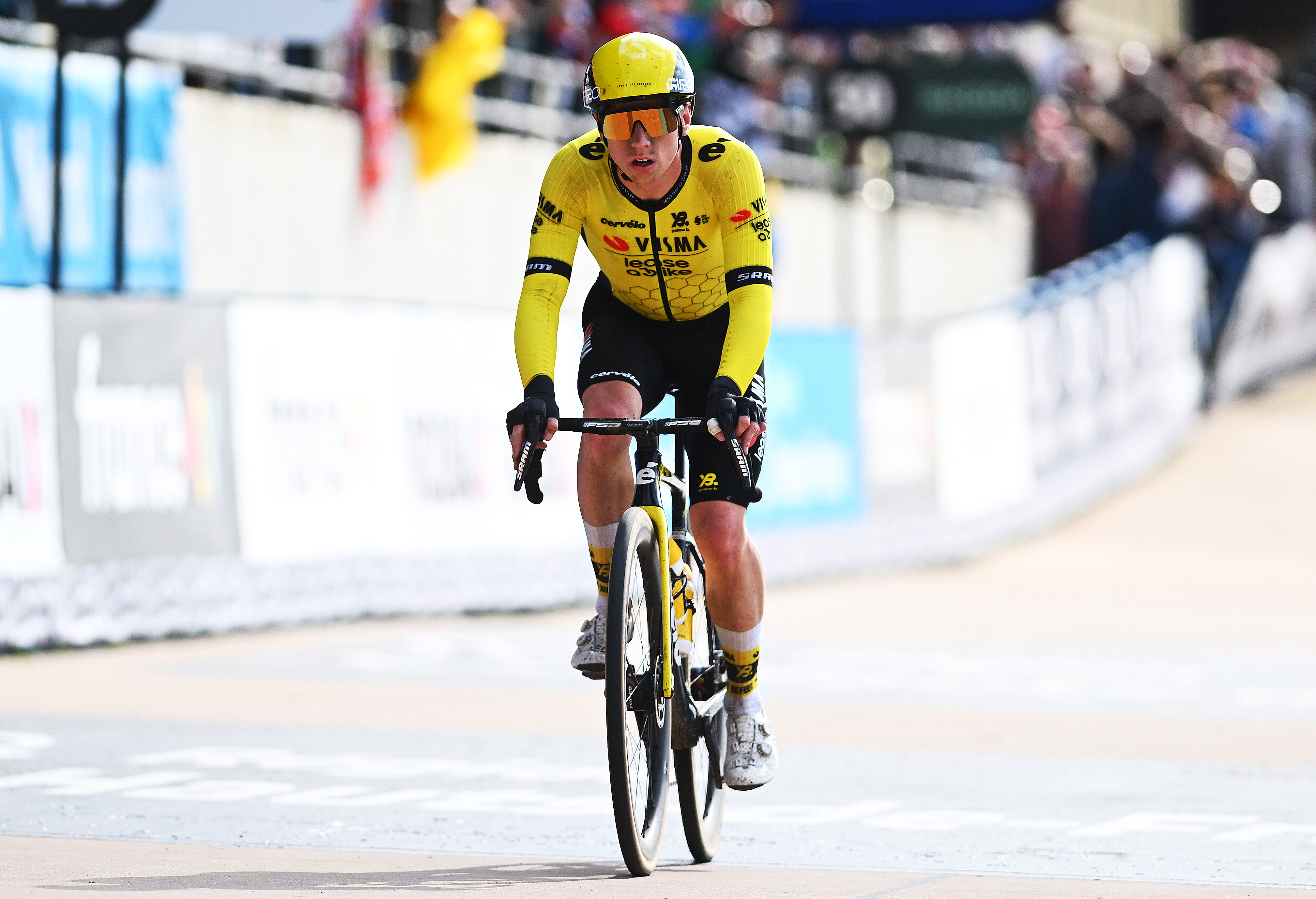 'This is the furthest ride I've actually ever done' - Matthew Brennan lights up Paris-Roubaix at 19 years old
'This is the furthest ride I've actually ever done' - Matthew Brennan lights up Paris-Roubaix at 19 years oldThe day's youngest rider reflects on 'killer' Monument debut
By Tom Davidson Published